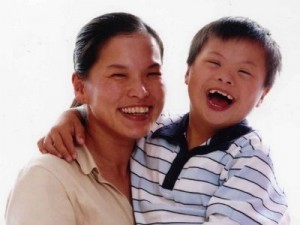Information on Developmental Disabilities
What is a Developmental Disability?
A developmental disability affects what your mind or body does. It occurs before age 22 and usually lasts a life time. You may need help with language and learning. You may also need help with moving around and taking care of yourself. Michigan’s Mental Health Code has a formal definition – MCL (Michigan Compiled Laws) 330.1100a (21)
Developmental Disability means either of the following:
- If applied to an individual older than five years, a severe, chronic condition that meets all of the following requirements:
- Is attributed to mental or physical impairment or a combination of mental and physical impairments.
- Is manifested before the individual is 22 years old.
- Is likely to continue indefinitely.
- Reflects the individual’s need for a combination and sequence of special, interdisciplinary, or other services that are of lifelong or extended duration and are individually planned and coordinated.
- Results in substantial functional limitation in three or more of the following areas of major life activities: Self-care, receptive and expressive language, learning, mobility, self-direction, capacity for independent living, economic self-sufficiency.
- If applied to a minor from birth to age five, a substantial developmental delay or a specific congenital or acquired condition with a high probability of resulting in developmental disability as defined above.
Common disabilities that may fall under this definition include mental retardation, cerebral palsy, and autism. However, many other disabilities fall under the definition if the above criteria are met.
 How do I know if my child has a developmental disability?
How do I know if my child has a developmental disability?
Talk with your pediatrician if you are concerned about issues with your child’s development. For an overview of developmental norms and milestones, refer to the Developmental Checklist for Young Children.
If your child is not meeting “developmental milestones” trust your instincts. Don’t be afraid to ask questions and seek help.
The sooner a child’s disability is identified, the sooner families can get the information they need to help their child reach his or her full potential.

Follow Us!